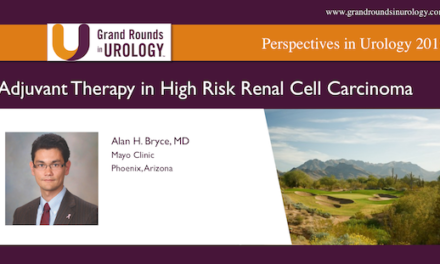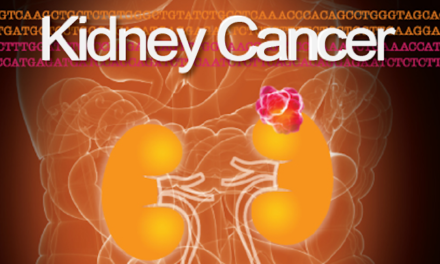
Impact of antibiotics on outcome in patients with metastatic renal cell carcinoma treated with immune checkpoint inhibitors
Abstract
The clinical relevance of gut microbiota composition particularly in the success of immune checkpoint inhibitors (ICI) emerged as a potential novel biomarker. Use of antibiotics (ATB) alters the gut microbiota composition and decreases bacterial diversity. However, the interaction between ATB and ICI has not been extensively investigated in patients (pts). Our study evaluated the effect of ATB in cancer pts treated with PD-1/PD-L1 inhibitors.
We conducted a retrospective analysis of pts treated with PD-1/PD-L1 inhibitors for advanced Renal Cell Carcinoma (RCC) and data on ATB use were collected. ATB group was defined as patients prescribed with ATB in the window period of 2 months before or 1 month after the first administration of ICI. Primary end point was best overall response assessed centrally by RECIST 1.1. Progression free survival (PFS) and overall survival (OS) were defined as secondary end points. Statistical analyses were performed using the Kaplan-Meier method and Cox regression model.
After a median follow-up of 13.8 months, among 121 pts included, 34 (28%) received ATB (mostly beta-lactamases and fluoroquinolones). ATB were generally prescribed per os (94%) and the rate of hospitalization was less than 15%. Considering best response ATB group had more progressive disease compared to no ATB (50% vs 19%, p<0.01). PFS and OS were significantly shorter between ATB and no ATB group (4.3 versus 7.4 months, p=0.02, and 23.4 versus 31.1 months, p= 0.03, respectively). According to treatment, ATB group translated into decrease PFS and OS, in patients treated with PD-1 inhibitors (n:101). The negative impact of ATB was maintained for PFS after multivariate analyses adjusting for risk factors.
Among patients with RCC treated with ICI, ATB had a deleterious effect on best overall response, PFS and OS. Interventions to determine gut microbiota composition before ICI initiation opens an unexpected strategy in oncology. In addition, validation cohorts are ongoing, such us in lung cancer (manuscript in preparation with MSKCC Lung Cancer Group).
Authors: Derosa, Lisa | Routy, Bertrand | Enot, David | Fidelle, Marine | Gubet, Anne-Gaelle | Goldwasser, Francois | Zitvogel, Laurence | Loriot, Yohann | Albiges, Laurence | Escudier, Bernard
Journal: Kidney Cancer, vol. 2, no. s1, pp. I-S50, 2018


